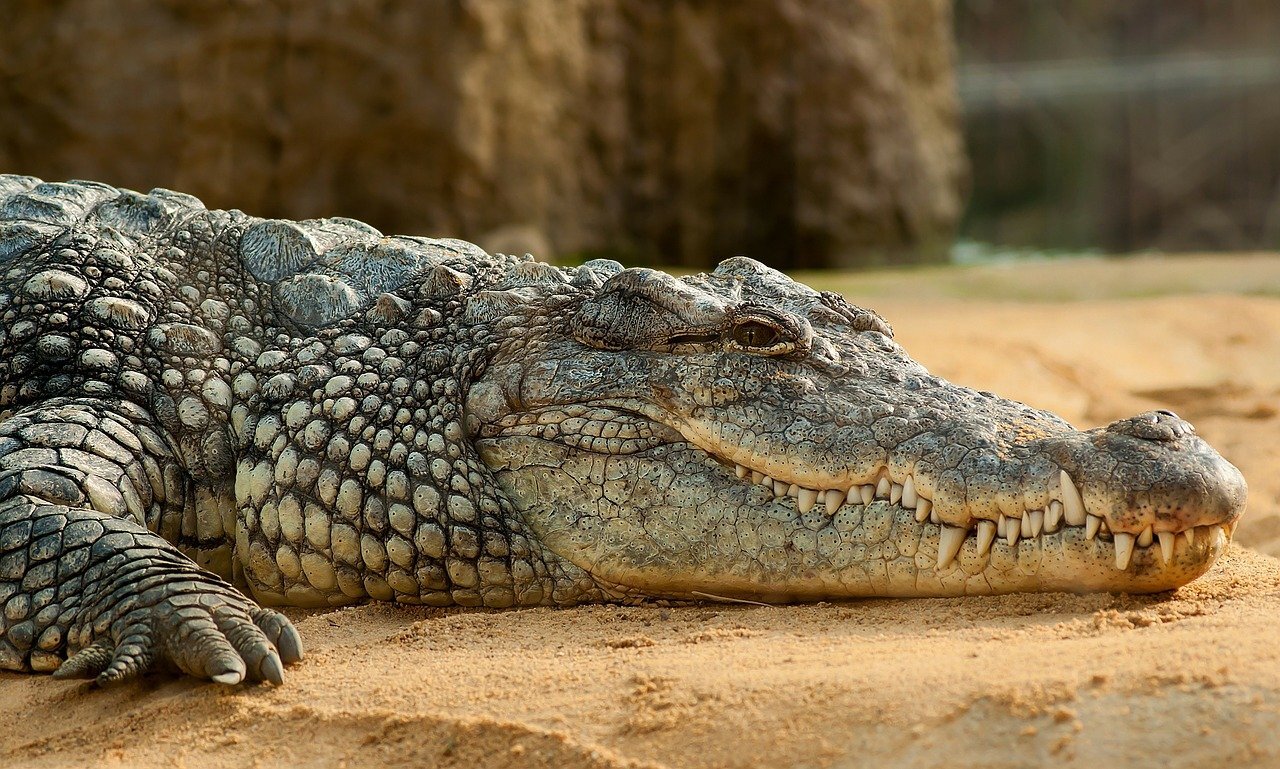Hermès To Build Australia’s Largest Crocodile Farm And Will Farm Their Skins For Luxury Bags
The fashion house’s move comes amid infectious disease experts around the world calling out wildlife farms for their risk in starting future pandemics.
French fashion house Hermès plans to build Australia’s biggest crocodile farm, Australian media have revealed.
The land in Australia’s Northern Territory has already been purchased by the fashion house for $7.25 million, and is set to house up to 50,000 saltwater crocodiles.
Hermès will farm the crocodiles for their skins and meat, and use the skins in the brand’s products which include crocodile-skin handbags that sell for over $30,000 each.
Hermès and rival brand Louis Vuitton already control most of the crocodile farms in Australia’s Northern Territory, but this latest acquisition is set to become the country’s largest crocodile farm.
However, the fashion brands’ involvement in such animal farming is often kept quiet and not publicly advertised by the companies themselves, as it often provokes overwhelmingly negative publicity.
And now this new decision by Hermès to farm even more exotic animals seems particularly ill-timed and misjudged, as it comes during a time in which the world is still reeling from the current COVID-19 pandemic, which is reported to have been linked to the wildlife trade.
Not only will the proposed farm cause thousands of crocodiles to suffer every year, but it also encourages the wildlife trade that scientists and wildlife experts are trying to stop because they fear that it is an ideal breeding ground for the next pandemic.
The ‘Preventing Future Pandemics Act 2020’ was introduced in the US Senate recently, with hopes it can help to tackle new and emerging zoonotic diseases by clamping down on the wildlife trade.
More stories:
Species Unite
A collection of stories of those who fight the good fight on behalf of animals.




A new study has revealed a landmark process that can now create bigger pieces of whole meat - without needing to farm an animal.